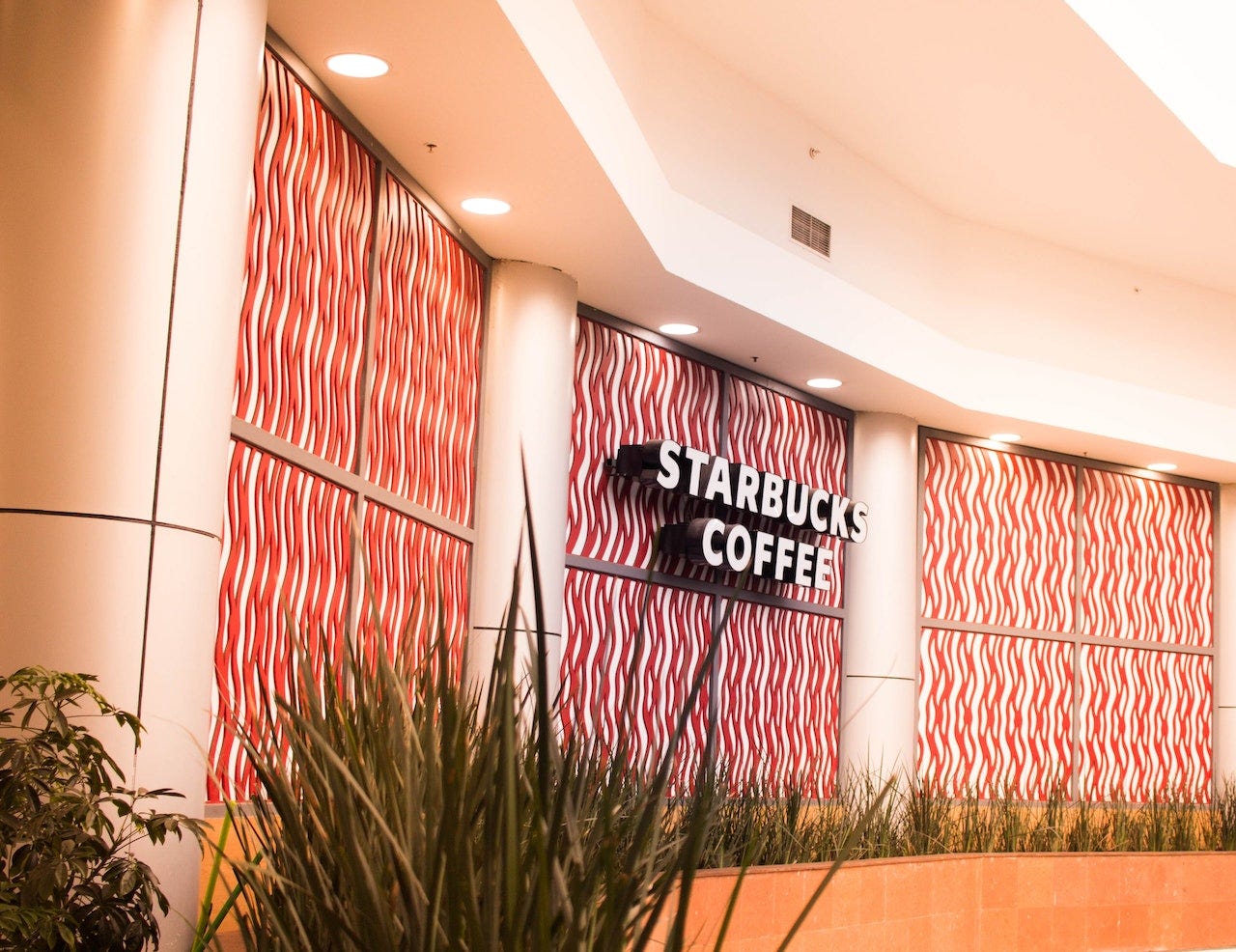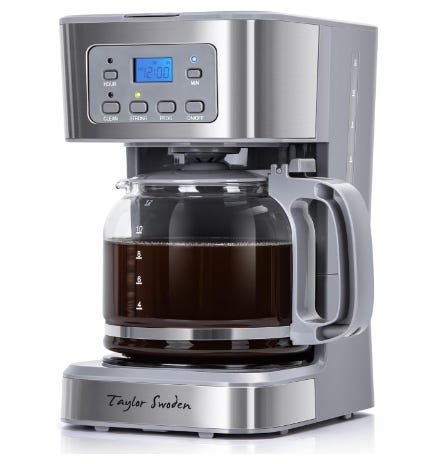
When 23-year-old longtime friends Rashon Nelson and Donte Robinson were arrested for trespassing and disturbance at a downtown Philadelphia location, the higher-ups at Starbucks decided to do something about this ordeal on April 12, 2018. The coffee retail chain closed 8,000 Starbucks locations for four hours to provide voluntary “racial bias training.” The store manager who the police consulted when they got to the location also no longer works there.
Recommended Read: “Starbucks Avoids a Gentrification Reputation as It Moves Into Underserved Neighborhoods”
And while this Starbucks news was a much-discussed topic for several weeks, it’s just a dot on the map of other examples in which the retail industry had to look past selling inventory and deal with more problematic issues. Blatant racism. Cultural appropriation. Xenophobia. Homophobia. You name it, and there’s been a retail management team who had to deal with it.
Marketing Ploys Versus Offending the Customer
Some retailers have the best of intentions with their marketing ideas and are oblivious to the weight of certain issues. Others know all the downsides and hope that the controversy will sell. Then there are global brands that may not immediately recognize regionally-based history And often it’s not easy to tell who is who.
For example, recently, the New York City Commission on Human Rights reached a settlement with Prada USA regarding a downtown Manhattan window display of Pradamalia products. The December 2018 display featured monkey figurines with huge red lips, which strongly resembles the racist images of Sambo, a caricature used to dehumanize black people. In addition to a settlement, the retailer is also required to make sure all of its New York employees and Milan executives complete racial equity training.
ADVERTISEMENT ~ Amazon
As an Amazon Affiliate, I earn a percentage for each purchase with my referral links.
Prior to that, during Black History Month of 2018, Gucci released a black sweater that scooped up over the mouth. Around the sweater opening were similar big red lips, resembling the same Sambo caricature. Gucci issued an apology and removed the sweater from its online and brick-and-mortar stores.
Even after the apologies, the settlements and race-related training, some consumers (including well-known celebrities) still staged boycotts against the companies.
Recommended Read: “Starbucks’ New Chicago Reserve Roastery Is a Coffee Break Worth the Wait”
There are also some internal issues going on within the culture of the retail industry, too. An employee in Australia was terminated for wearing a face mask to guard herself against customers, including Chinese tourists, while the coronavirus scare is on the rise. Although the employee, who hails from China, defended her actions by saying she was also coming down with a cold, management still banned her face mask. And she was later (allegedly) terminated for still refusing to take it off. In West Hollywood, California, another employee dealt with a frustrated customer who didn’t want an Asian cashier to touch the cloth item he was purchasing. Why? Again, because of the coronavirus link to Asians.
In all of these cases, no matter which decision was reached, someone would lose. The company would lose profits if any customers were turned away, including the one who profiled an Asian cashier. Meanwhile, one cashier could feel that her employer was putting her in a higher health risk for refusing to let her wear a mask, guarding her against potentially sick customers.
Then the other cashier would feel shunned for a customer assuming he could already have the disease, without a shred of proof. Management is often left to deal with situations like these quietly—and ideally before they can get to the media. These situations clearly reached the public, but what about all of the ones that don’t?
Getting Back to Business, Staying Out of Controversy
While the “all press is good press” motto is commonly believed, some retailers prefer to avoid it altogether. The latter group wants to focus on inventory, reputable customer service, and memorable branding and marketing opportunities. Controversy like the examples above risk getting them off track from the bigger picture: longevity and sales.
(Nike is one of few brands that has managed to make itself more successful by diving right into political, cultural and gender debates. But even when they do, the company consistently has a diverse print and digital marketing plan, multicultural “faces” of the brands, and tends to have a neutral approach to social justice issues. And that’s not even considering their 56 years of experience in American retail.)
So what can other companies do to avoid the kind of bad press related to controversial issues such as racism, sexism, ageism, xenophobia and homophobia? The most obvious answer is to get broader opinions before releasing marketing campaigns to the public. Focus groups can be used for a variety of reasons, everything from product testing to marketing ads. Making sure the marketing, sales and management team are a diverse group of people also helps, as long as the company culture makes all employees feel open to share their opinions—unpopular ones, too.
If management is unsure of whether employees feel comfortable doing so, incorporating anonymous physical suggestion boxes and online queries could work. However, unless management is willing to read and act on these suggestions, retail employees may soon lose interest and feel that their thoughts are being ignored.
When companies like Prada and Starbucks have short training sessions, it may guide employees’ focus at that moment. But if employees do not feel comfortable stepping up to express their views or conflicts outside of a training video during the other 364 days a year, then retailers will still be at risk of making the same mistakes again. And if retail employees can help a retailer avoid yet another press catastrophe and unhappy customers, where’s the downside?
(Note: This post was originally published as an Upwork freelancer for RETHINK Retail.)
Did you enjoy this post? You’re also welcome to check out my Substack columns “Black Girl In a Doggone World,” “BlackTechLogy,” “Homegrown Tales,” “I Do See Color,” “One Black Woman’s Vote” and “Window Shopping” too. Subscribe to this newsletter for the monthly post on the third Thursday.
If you’re not ready to subscribe but want to support my writing, you’re welcome to tip me for this post! I’ll buy a dark hot chocolate on you. Thanks for reading!





